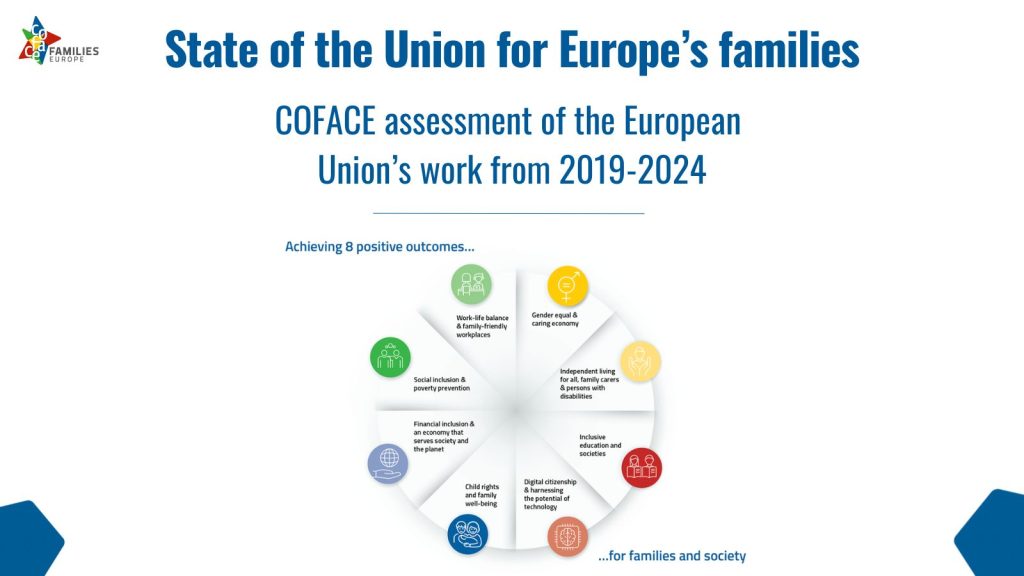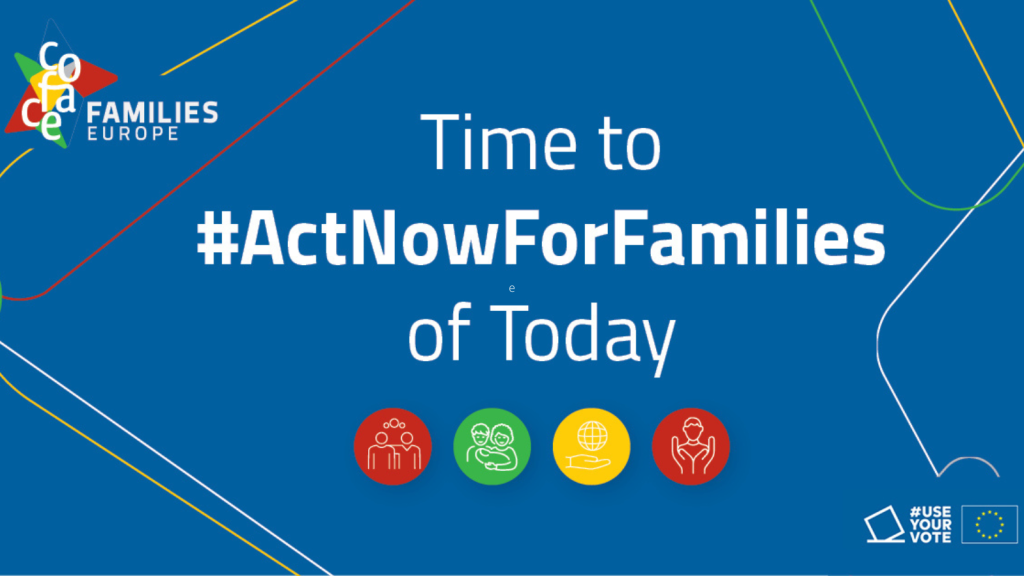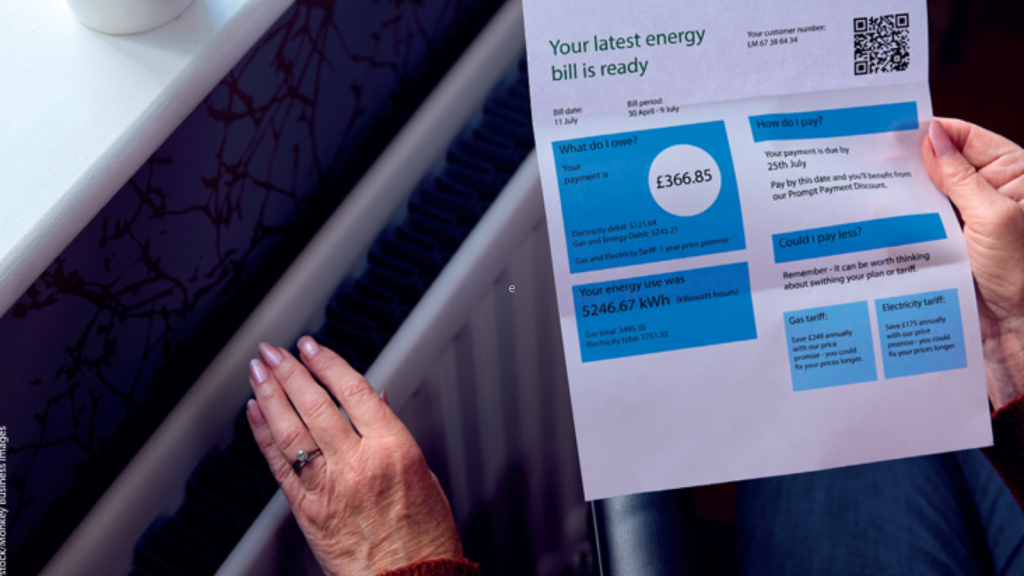COFACE Families Europe together with its members is very active in addressing the social challenges faced by families of today and advocating for policies to support their well-being.
In 2019, COFACE Families Europe mobilised voters locally through its member organisations (representing families of all types, without discrimination). A call was launched to the COFACE network to vote and speak out in May 2019 using 10 key values as a compass: non-discrimination, equal opportunities, empowerment, internet for all, social inclusion, sustainability, respect of human rights, solidarity, child well-being, accessibility. Following the election of the new European Parliament and the publication of the European Commission’s political guidelines, COFACE Families Europe published its New Deal for Families of Today which is a list of key short-term demands (also available in Easy-to-Read language) to be achieved by the new European Commission from 2020-2024, which are to be seen as concrete steps to meet the long-term goals of the European Pillar of Social Rights and the 2030 Sustainable Development Goals.
These demands reflect the needs and challenges of families of today and call for a mix of European actions (policy, law, funding, benchmarking, innovation) to drive real change. These recommendations are addressed at EU-level policymakers in the European Commission, European Parliament and Council of the EU, from whom we expect joint leadership to ensure tangible results for Europe’s citizens. It is on this basis that we have assessed the European Union’s work from 2019 to 2024, and how it contributes to achieving eight positive outcomes for families of today (see more here). While this assessment refers to various initiatives to support families, it cannot fully assess the real impact on families at local level yet. It is crucial for the EU institutions to conduct monitoring and evaluation of their policies to understand the impacts (positive and negative) on families, in order to review and consolidate existing frameworks under the European Pillar of Social Rights Action Plan and adopt any new measures needed to strengthen the Pillars.
Read the full assessment here.
See the 10 key actions we want integrated into the EU’s 2024-2029 programme here.





